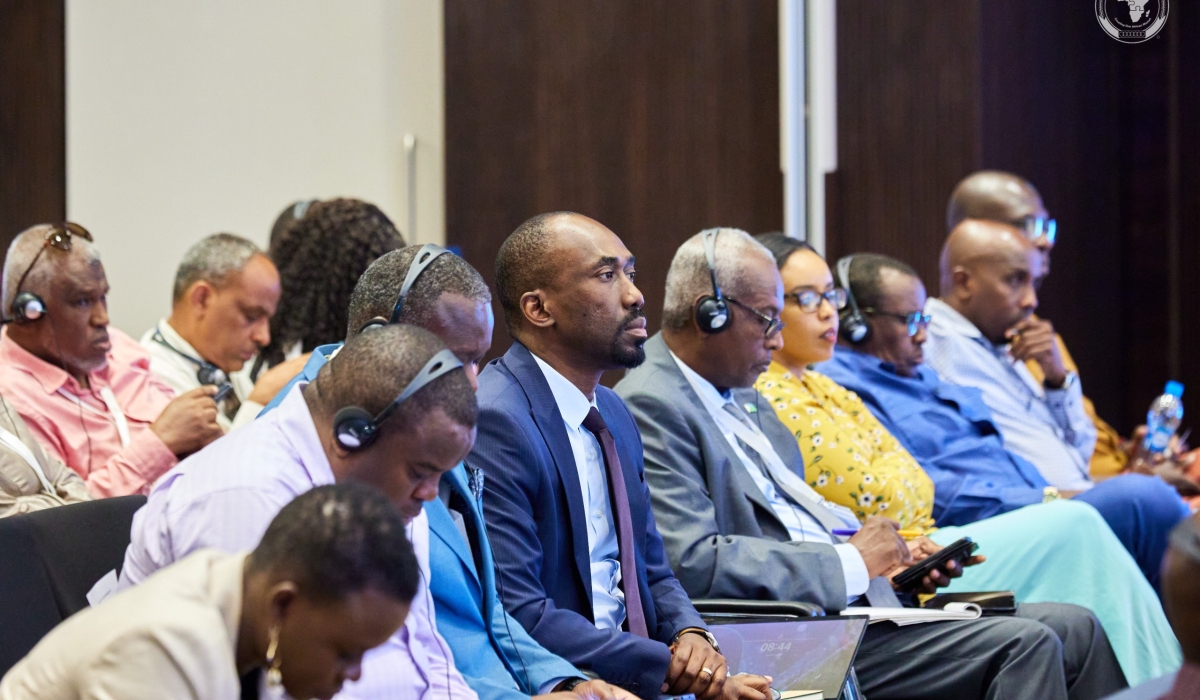
Experts say the private sector is crucial to funding commercial infrastructure in Africa
Experts have stated that private sector funding plays a crucial role in expediting the infrastructure and logistics investments required to increase intra-African trade.
A discussion on “Infrastructure and Trade Corridors across Africa” at the recently concluded Regional Conference on Special Economic Zones (SEZ) in Djibouti on April 22 brought this to light.
As the continent looks for sustainable supply chains, enhanced regional value chains, and industrial jobs for young people, the two-day conference brought together professionals from the corporate sector, policymakers, and economists to explore the future of SEZ in Africa.
The time for grant financing for Africa is long gone, according to Angus Miller, Horn of Africa Regional Advisor at Trademark Africa. The challenge now is to take use of the opportunity to attract private sector funding.
According to him, the average time it takes to cross the border inside the East African Community has decreased by 70%, which results in an annual savings of almost $63 million.
In order to reduce the clearance time from 11 days to three and a half days, Miller ascribed this to infrastructure investments of about $90 million in speeder roads, systems, and procedures to expedite trade delivery.
He did, however, emphasize that governments must use such agreements to manage SEZs and other trade infrastructure and technologies, saying that creative blended finance is what should advance commerce throughout Africa.
He went on to say that in order to increase efficiency, efforts should be directed toward studying port management from experiences around the world.
Reiterating the importance of infrastructure development, Demitta Gyang, Director of Customs Administration, AfCFTA Secretariat, pointed out that Africa has some of the highest transportation costs globally.
According to her, the AfCFTA implemented the corridor outreach to trade facilities after gaining an awareness of the infrastructure’s condition, bottlenecks, and the movement of goods from the place of entry to the destination.
She says that in order to improve the flow of commodities throughout the continent, three things are needed: people, systems, and hard and soft infrastructure.
According to Denis Muganga of the Northern Corridor Transit and Transport Coordination Authority’s Private Sector Investment, creating SEZs ought to be incorporated into the larger national development initiatives.
He emphasized the necessity of having a government organization that manages investments and public-private partnerships in order to attract investors and allocate them to government-designated priority investment sectors.
The Rwanda Development Board was established by the government to oversee all initiatives pertaining to the facilitation and promotion of investment, as Muganga pointed out.
“Set aside national interests and concentrate on the development of regional cross-border infrastructure projects to enhance the competitiveness and sustain socioeconomic development for the entire continent,” he urged African nations.
In 2023, the Rwandan government announced plans to more than double the Kigali Special Economic Zone’s size. This was done in an effort to further address some of the domestic private sector’s constraints, such as the cost and availability of energy, the availability of industrial and commercial land, and limited transportation links.
This will also be supported by the new Industrial Policy, which was approved in 2024 and aims to make Rwanda an upper middle-income country by 2035 by maintaining double-digit yearly export growth and speeding up the growth of the industrial sector.
Within the districts of Rwamagana, Muhanga, Nyagatare, Musanze, Huye, Nyabihu, Rusizi, and Rubavu, the nation boasts eight industrial parks in addition to two special economic zones: the Kigali Special Economic Zone and the Bugesera Special Economic Zone.
All Categories
Recent Posts
Tags
+13162306000
zoneyetu@yahoo.com



